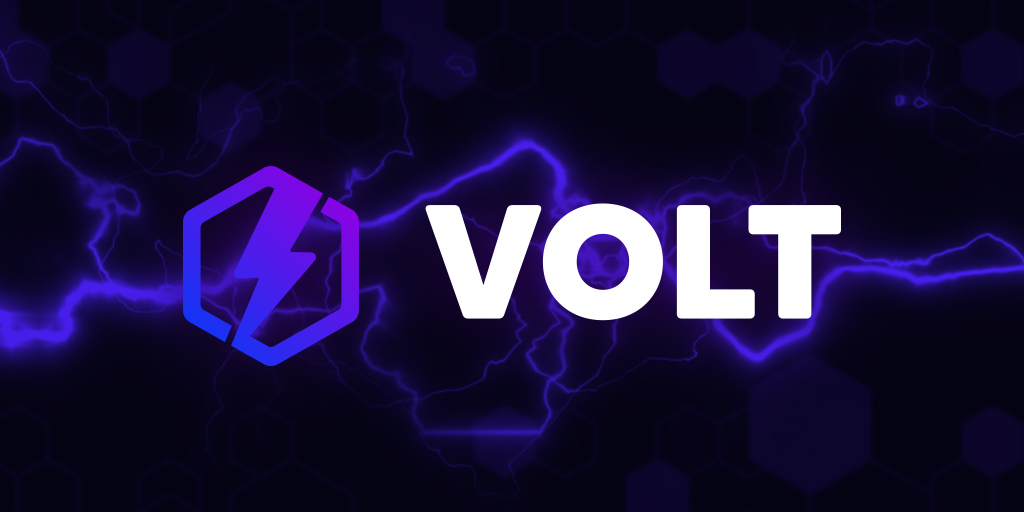
Bitcoin Expert • Degen • Educator •
Onboarding 1M users to Bitcoin DeFi: 🟩🟩🟩🟨⬜️⬜️⬜️⬜️⬜️⬜️ (37.5%)
2 subscribers
How to get URL link on X (Twitter) App


 And if you like my technical takes, you'll love The Very Good Bitcoin Club.
And if you like my technical takes, you'll love The Very Good Bitcoin Club.
 2/ First some background info.
2/ First some background info.
https://twitter.com/TO/status/1653751999828054017So if you are building on a meta-protocol (ORD, XCP, BRC-20) to ensure a reasonable level of security & dZn you should pull data from a diverse set of trusted indexers. This provides a good balance between dZn, security, & performance, although it still isn't as robust as BTC L1.

 Smart contract wallets have been around a long time, and exist on many chains, but we're just barely starting to scratch the surface on what they can do on the #IC.
Smart contract wallets have been around a long time, and exist on many chains, but we're just barely starting to scratch the surface on what they can do on the #IC. 


 The framework consists of 5 areas of utility, each one building on the next, meaning layers at the bottom are foundational to the ones that come at the top.
The framework consists of 5 areas of utility, each one building on the next, meaning layers at the bottom are foundational to the ones that come at the top.